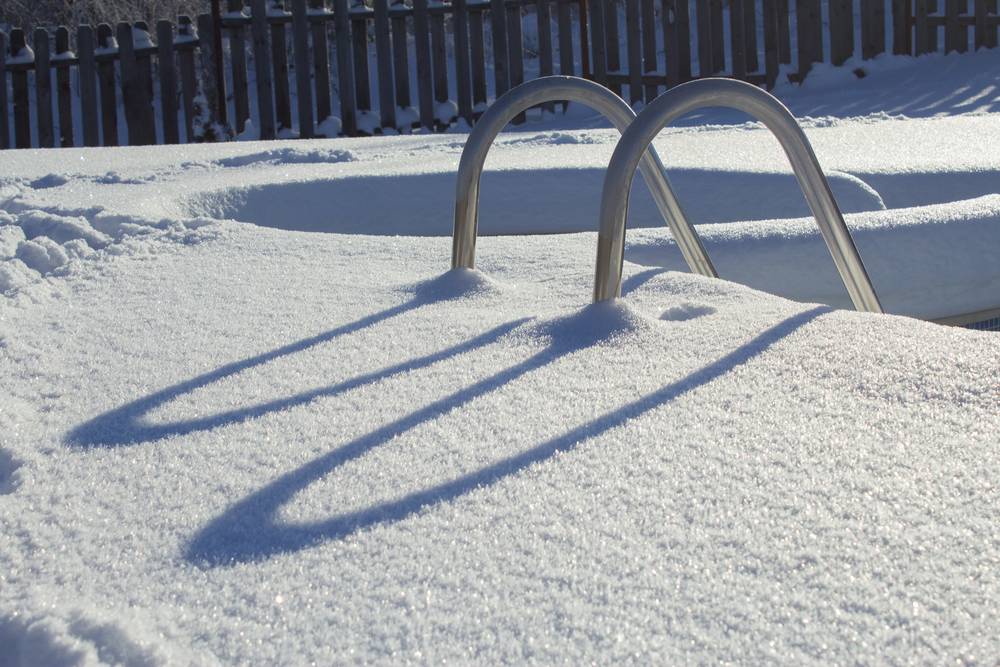Hey, chiming in here with comments and a question about winterization chemical levels. I live in Chapel Hill, NC just outside of Raleigh.
We have about 20-30 nights of freezing weather from Nov - Mar. I have 3 different systems - the pool/spa pump and filter, spa jet pump, and then a waterfall pump. Because we use the spa in the winter I keep the pool/spa going in the winter which goes into freeze protection during those cold spells. The pool has a retractible cover, so its not exposed to the sun in the winter and I run the pool pump at lower RPM. However, I winterize the waterfall so it's not running during those 20+ nights/days. For the waterfall pump and line winterization, I blow air in through the pump drain plug then cap the outlet lines in the pool - not a difficult process. I use a small air compresser ($30 from walmart) with a special fitting to connects to the waterfall pump drain plug (hardware store plumping dept).
So here is my question - given the winter climate with the water 99% of the time below 50 degrees, what should my chemical protocol be for the pool? I am new to the TFP method this past season and it worked very well for me. I had high CYA in my past trichlor puck method. So I've been using the Pool Math app, testing frequently and its been fantastic.
But I'm not quite clear how the pool should be chemically balanced when not in use in the winter. Can I set it and forget, or do I need to monitor it and how often?



